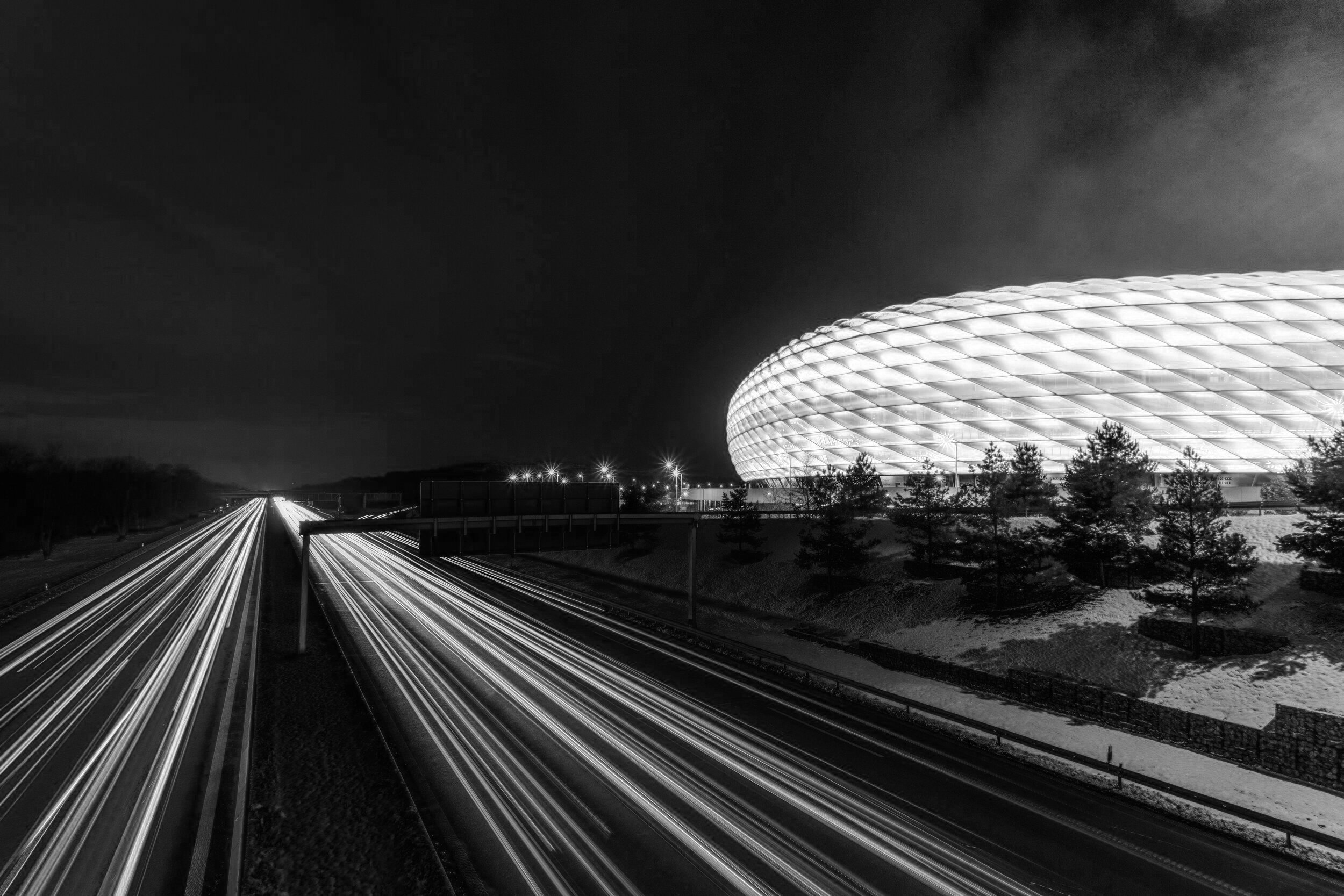
Water Conservation Strategies for Large Venues
How can large venues and stadiums improve their water consumption?
Water conservation should be an integral aspect of proactive sustainability management for large venues and stadiums.
Implementing effective water conservation strategies not only helps in reducing environmental impact but also cuts operational costs significantly. Here are some proven water conservation strategies for large venues.
Smart Irrigation Systems
Large venues and stadiums generally have grass pitches or large, landscaped areas in the grounds that require regular irrigation. Traditional irrigation methods can be highly inefficient, leading to water wastage. Smart irrigation systems, which use weather data and soil moisture sensors to adjust watering schedules, can drastically reduce water usage. These systems ensure that plants receive the right amount of water at the right time, minimising waste.
Low Flow Fixtures
Installing low-flow fixtures in toilets and concession areas is a straightforward yet highly effective way to conserve water. Low-flow toilets, urinals, and taps use significantly less water than traditional fixtures without compromising performance. This simple upgrade can result in substantial water savings, especially during large events.
Rainwater Harvesting
Rainwater harvesting systems collect and store rainwater for later use. This water can be used for irrigation, cooling systems, or even flushing toilets. By utilising rainwater, large venues and stadiums can reduce their dependence on local water supplies, lowering both costs and environmental impact.
Greywater Recycling
Greywater recycling involves treating and reusing water from sinks, showers, and other non-sewage systems. This recycled water can be used for irrigation and toilet flushing. Implementing greywater recycling systems can significantly reduce the demand for fresh water, contributing to overall water conservation efforts.
Efficient Landscaping
Choosing plants that require low levels of water and using mulch in landscaped areas can reduce the amount of water needed for irrigation. Native plants, which are adapted to local climate conditions, often require less water and maintenance. Additionally, using mulch helps retain soil moisture, reducing the frequency of watering.
Regular Maintenance & Leak Detection
Regular maintenance of plumbing systems and immediate repair of leaks are crucial for water conservation. Even small leaks can lead to significant water loss over time. Implementing a routine inspection and maintenance schedule ensures that any issues are promptly remedied, preventing water wastage.
Educational Programmes
Educating staff, hospitality teams, and even fans about the importance of water conservation will create a culture of sustainability within a large venue. Simple actions, like encouraging the use of refillable water bottles and providing clear signage about water-saving initiatives, will collectively make a big difference over time.
To summarise, implementing a combination of smart irrigation systems, low-flow fixtures, rainwater harvesting, greywater recycling, efficient landscaping, regular maintenance, and educational programmes will significantly enhance water conservation efforts in large venues and stadiums. These strategies not only contribute to environmental sustainability but also offer substantial cost savings, making them a win-win for facilities management teams and the communities where these large entertainment venues reside.
Read More Insights
What Makes Stadium FM Different?
Bid Management Services
Our Stadium FM Services

















